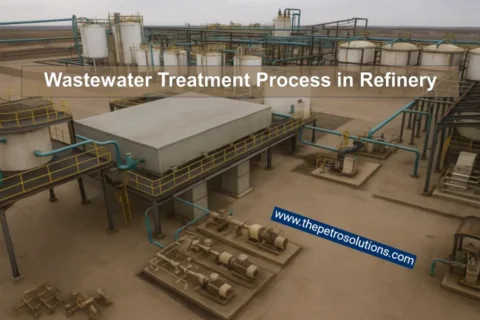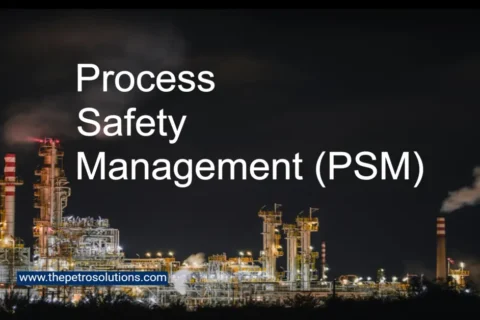OPEC the Organization of Petroleum Exporting Countries is a group of oil-exporting nations and a permanent intergovernmental organization that coordinates and unifies the petroleum policies of its Member Countries. OPEC ensures the stabilization of oil markets in order to secure an efficient, economic and regular supply of petroleum to consumers, a steady income to producers and a fair return on capital for those investing in the petroleum industry. OPEC had its headquarters in Geneva, Switzerland, in the first five years of its existence. This was moved to Vienna, Austria, on September 1, 1965.
The Organization of the Petroleum Exporting Countries (OPEC) was founded in Baghdad, Iraq in September 1960, with the signing of an agreement by five countries namely Iran, Iraq, Kuwait, Saudi Arabia and Venezuela. They were the Founder Members of the OPEC.
This is the OPEC countries list who joined with Saudi Arabia, Iran, Iraq, Kuwait and Venezuela. These are Qatar (1961), Indonesia (1962), Libya (1962), the United Arab Emirates (1967), Algeria (1969), Nigeria (1971), Ecuador (1973), Gabon (1975), Angola (2007), Equatorial Guinea (2017) and Congo (2018). Currently, OPEC is a cartel of 13 countries.
Ecuador suspended its membership in December 1992, rejoined OPEC in October 2007, but decided to withdraw its membership of OPEC effective 1 January 2020. Indonesia suspended its membership in January 2009, and reactivated it again in January 2016, but decided to suspend its membership once more at the 171st Meeting of the OPEC Conference on 30 November 2016. Gabon terminated its membership in January 1995. However, it rejoined the Organization in July 2016. Qatar terminated its membership on 1 January 2019.
OPEC Share of the World’s Crude Oil Reserves
As of 2021, the 13 member countries accounted for an estimated 44 percent of global crude oil production and 81.5 % of the world’s proven oil reserves, giving OPEC a major influence on global oil prices.

OPEC Secretariat
The OPEC Secretariat is the executive organ of the Organization of the Petroleum Exporting Countries (OPEC). Located in Vienna, it also functions as the Headquarters of the Organization. t is responsible for the implementation of all resolutions passed by the Conference and carries out all decisions made by the Board of Governors. It also conducts research, the findings of which constitute key inputs in decision-making.
OPEC Fund
The OPEC Fund for International Development is a multilateral development finance institution established in 1976. The organization works in cooperation with developing country partners and the international development community to support sustainable social and economic advancement in low- and middle-income countries around the world.
OPEC Organization
The OPEC Conference is the supreme authority of the organization and consists of delegations normally headed by the oil ministers of member countries. The chief executive of the organization is the OPEC secretary general. The conference meetings are normally held at the Vienna headquarters, at least twice a year and in additional extraordinary sessions when necessary. It generally operates on the principles of unanimity and “one member, one vote”, with each country paying an equal membership fee into the annual budget. News about OPEC meetings and events is shared on the website, https://www.opec.org.

For further information, discussion and queries please comment in the box below or contact us at admin@ or follow us on Facebook & LinkedIn.





